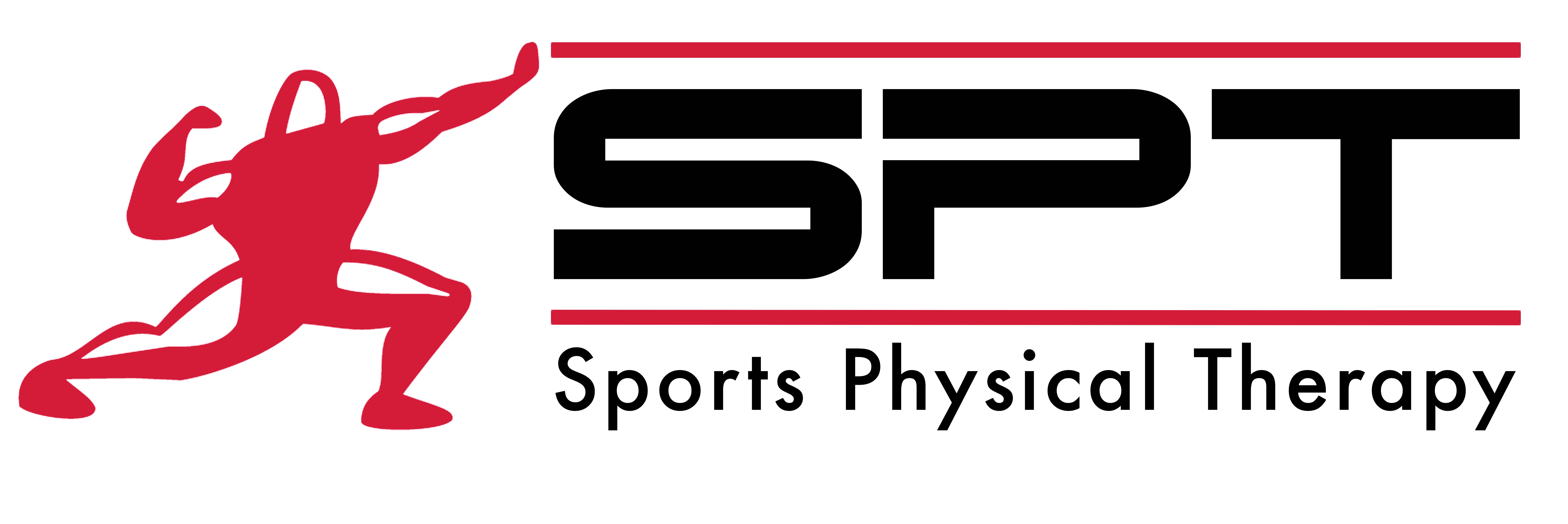Sciatica is a type of pain that radiates from the lower back down to the legs. It is caused by pressure on the sciatic nerve, which runs from the lower back, through the buttocks, and down each leg.
Generally, this pressure is due to an underlying condition such as degenerative disc disease, spondylolisthesis, or a herniated disc.
The most common symptom of sciatica is a sharp pain that radiates along the path of the affected nerve in one or both legs. Other symptoms may include numbness and tingling sensation in any part of the leg or foot. In some cases, people suffering from sciatica also experience weakness in their legs and feet.
Treatment for sciatica depends on the underlying cause. Generally, the goal is to reduce inflammation and pressure on the nerve. This can involve rest and anti-inflammatory medications, as well as physical therapy exercises to strengthen muscles in the affected area and reduce strain on the sciatic nerve.
In rare cases, surgery may be needed to restore alignment of the vertebrae or remove a herniated disc. By addressing the underlying cause of sciatica, people are able to manage their symptoms and find relief from pain.
In this blog, we are going to discuss the daily things that could be making your sciatica pain worse and the best options when it comes to treating the sciatica pain you are experiencing.
5 Things That Could Make Your Sciatica Worse
Sciatica is a condition that is characterized by pain in the lower back, hips, and legs due to compression or irritation of the sciatic nerve. It can be caused by a variety of factors including herniated discs, spinal stenosis, and muscle imbalances.
Although the condition can be quite painful, there are steps that you can take to alleviate your symptoms and improve your quality of life.
However, it is also important to be aware of certain activities that could make your sciatica worse.
Here are 5 things that can aggravate your sciatica:
1. Sitting for extended periods of time: Prolonged sitting can lead to increased pressure on the sciatic nerve, as it restricts blood circulation and causes strain on the lower back muscles.
2. Poor posture: Slouching in your chair or any other position can put additional stress on your spine and cause compression of the sciatic nerve.
3. Wearing high heels or shoes with poor arch support: This type of footwear can alter your gait and increase tension in the lower back, causing further aggravation of the sciatic nerve.
4. Lifting heavy objects without proper form: Improper lifting or carrying technique puts extra strain on your spine, which increases pressure on the sciatic nerve.
5. Unbalanced exercise: Exercising muscles in an unbalanced way can cause muscle imbalances and strain on the sciatic nerve. It is important to maintain proper form when doing any type of physical activity to help reduce irritation of the sciatic nerve.
Sciatica is a condition that can lead to severe pain in the lower back, buttocks, and legs. As the condition progresses, it can become more painful and debilitating. It can limit your ability to walk or stand for long periods of time, and bending or twisting may become difficult.
In its most extreme forms, sciatica can cause numbness and paralysis in parts of the leg, as well as urinary incontinence.
In addition to physical limitations, sciatica can also have psychological effects on those suffering from it. The intense pain caused by sciatica can create feelings of frustration and hopelessness about not being able to do everyday tasks or activities that were once easy.
How Can Physical Therapy Help With Sciatica Pain?
As physical therapists, we are dedicated to helping individuals with sciatica find relief from their pain. We understand the importance of improving your quality of life through treatment and strive to provide personalized care plans that address your individual needs.
Our treatment plans often include manual therapy techniques such as massage and joint mobilization to reduce inflammation in the affected area. Additionally, we may prescribe exercises that target core stability and stretching of tight muscles around the hips or lower back.
These treatments can help relieve pressure on the nerve root and improve overall mobility.
Treatment for sciatica is important because it can help you manage your pain and prevent further injury or flare-ups.
With ongoing treatment, you will be able to live a more active lifestyle without worrying about your sciatica. You will be better able to cope with pain, function more effectively in daily activities, and decrease the need for focusing solely on managing pain
Dealing With Sciatica And Not Sure What the Next Steps Are In Your Treatment?
Have you been searching for solutions to your sciatica pain and have had no success in finding answers to help treat it?
We have had success helping our patients with sciatica and have been able to treat them so they are able to avoid future episodes of sciatica pain, keeping it from becoming a chronic issue.
If you are dealing with sciatica pain and want to take the next steps in finding relief, then visit us and take advantage of our sciatica pain assessment!
To find out how our rehabilitative experts utilize a variety of physical therapy techniques that can help you overcome your pain and stay active, schedule a time to come see us by completing our online contact form in under 30 seconds or call our friendly team at 425-628-2031.
Unsure whether we are right for you?
We understand that you may not have visited a Physical Therapy clinic before and be unsure whether it’s going to help you deal with shoulder pain. That is why we invite you to come in for a Sciatica Pain Assessment.
Arrange A Sciatica Pain Assessment at one of our five locations (Bellevue, Everett, Factoria, Kirkland and Lake Stevens) today!
Other Helpful Ways To Treat Pain You Might Be Experiencing
Read Our Blog – 6 Ways To Relieve Back Pain After Exercise
Read Our Blog – What Is Causing My Back Pain?
Follow Us On Social Media – Sports Physical Therapy Facebook and Sports Physical Therapy Instagram

